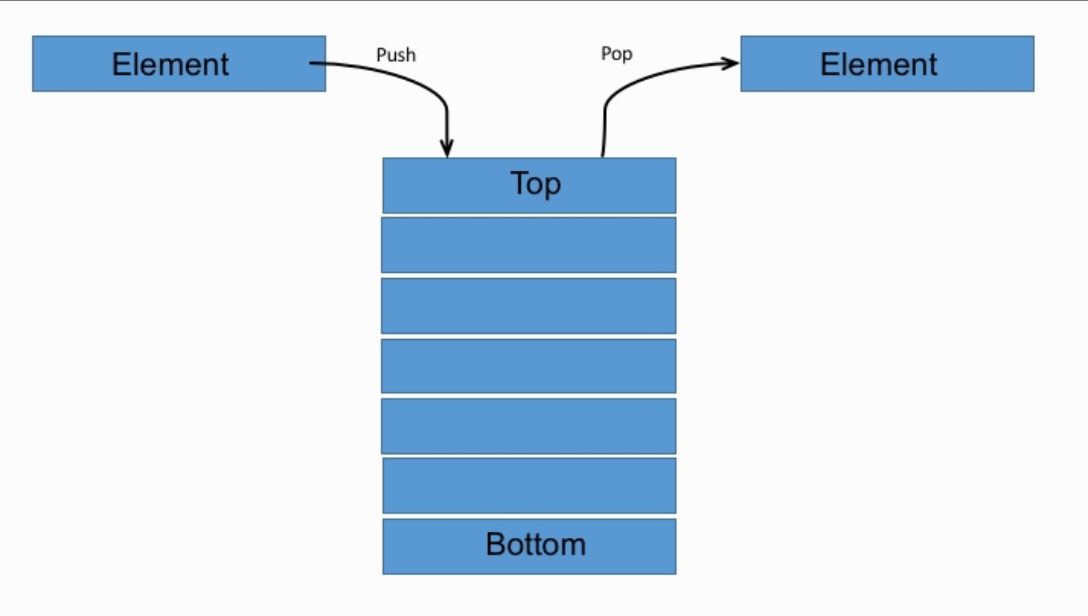Stack is a linear data structure which follows a particular order in which the operations are performed. The order may be LIFO(Last In First Out) or FILO(First In Last Out).
empty() – Returns whether the stack is empty – Time Complexity : O(1)
size() – Returns the size of the stack – Time Complexity : O(1)
top() – Returns a reference to the top most element of the stack – Time Complexity : O(1)
push(g) – Adds the element ‘g’ at the top of the stack – Time Complexity : O(1)
pop() – Deletes the top most element of the stack – Time Complexity : O(1)
// CPP program to demonstrate working of STL stack
#include <bits/stdc++.h>
using namespace std;
void showstack(stack <int> s)
{
while (!s.empty())
{
cout << '\t' << s.top();
s.pop();
}
cout << '\n';
}
int main ()
{
stack <int> s;
s.push(10);
s.push(30);
s.push(20);
s.push(5);
s.push(1);
cout << "The stack is : ";
showstack(s);
cout << "\ns.size() : " << s.size();
cout << "\ns.top() : " << s.top();
cout << "\ns.pop() : ";
s.pop();
showstack(s);
return 0;
}
The stack is : 1 5 20 30 10
s.size() : 5
s.top() : 1
s.pop() : 5 20 30 10
